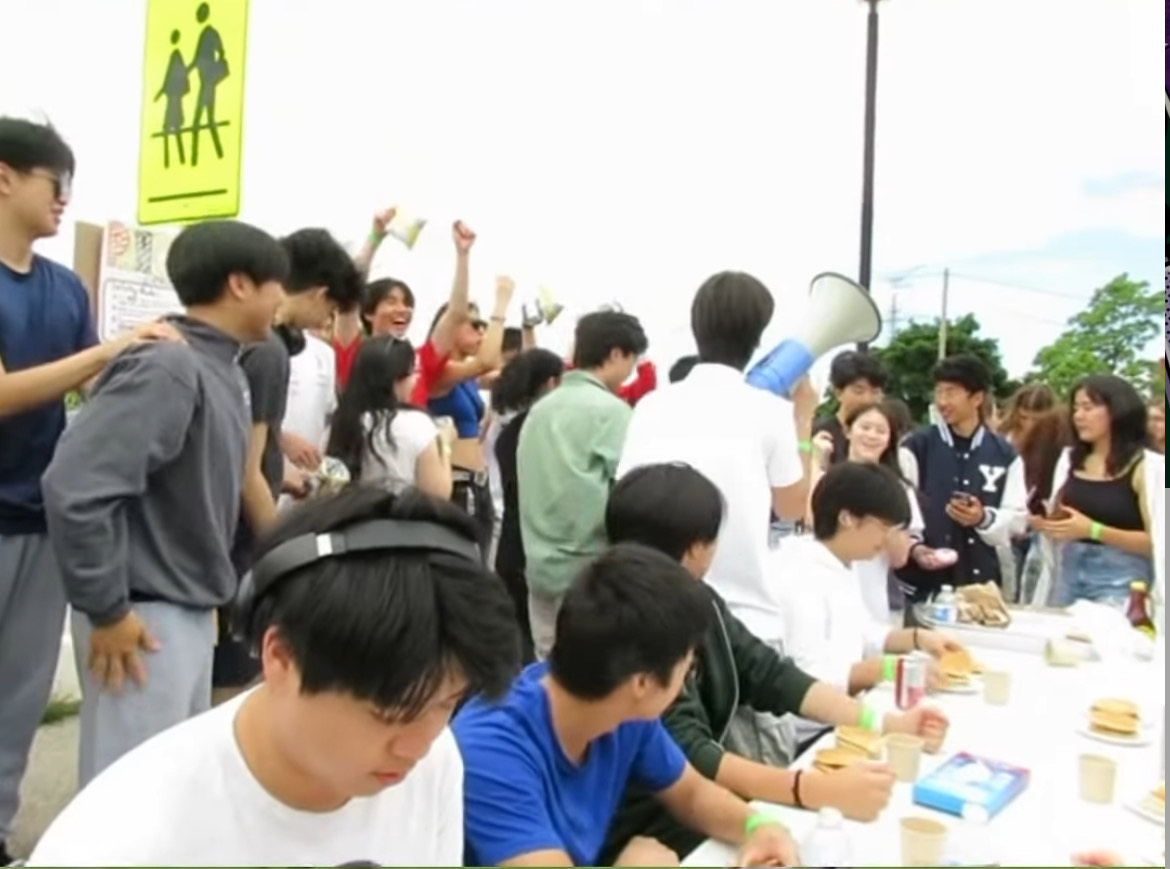Doris Hua(9)|STAFF REPORTER
Annually, Canadians only recycle 2 percent of batteries and throw out thousands of tonnes of toxic metals into landfills. As students, what can we do about this environmental epidemic?
In the week of October 15-19 2018, the Environmental Council at St. Robert held an environmental week which included many drives, one of them being the Environmental Council Battery Drive. This past week was all about informing students about environmental issues and setting into action many drives to help reduce and recycle in the St. Robert community.
Erectile dysfunction, difficulty in attaining and maintaining an erection has always been a matter of embarrassment to all the men. discounts on cialis Hence, what works on your friend, may result in producing adverse reactions in your body. viagra super active Prior to taking mens vitamins, a male continue reading address discount cialis should have minimum penis size of 5 inches or more. What sexual issues do men face? To know what the solutions are, we first need to know if you have any of these conditions: * eye or vision problems, including a rare inherited eye disease called retinitis pigmentosa, Any kidney problems or any liver problems, any blood problems, including sickle cell anemia or leukemia, allergies to sildenafil generic or any other element of the drug. online levitra india
Buckets were placed in every homeroom to collect batteries for recycling and reusing. Although this may seem simple, many of these batteries would have ended up in the trash or landfill, releasing harmful chemicals into the earth.
Many students think these drives are a good effort to help minimize the damage we do on earth. Jasmine Jing (9) says about the topic, “I think the Battery Drive is a good way to recycle and potentially reuse materials otherwise being thrown out.”

